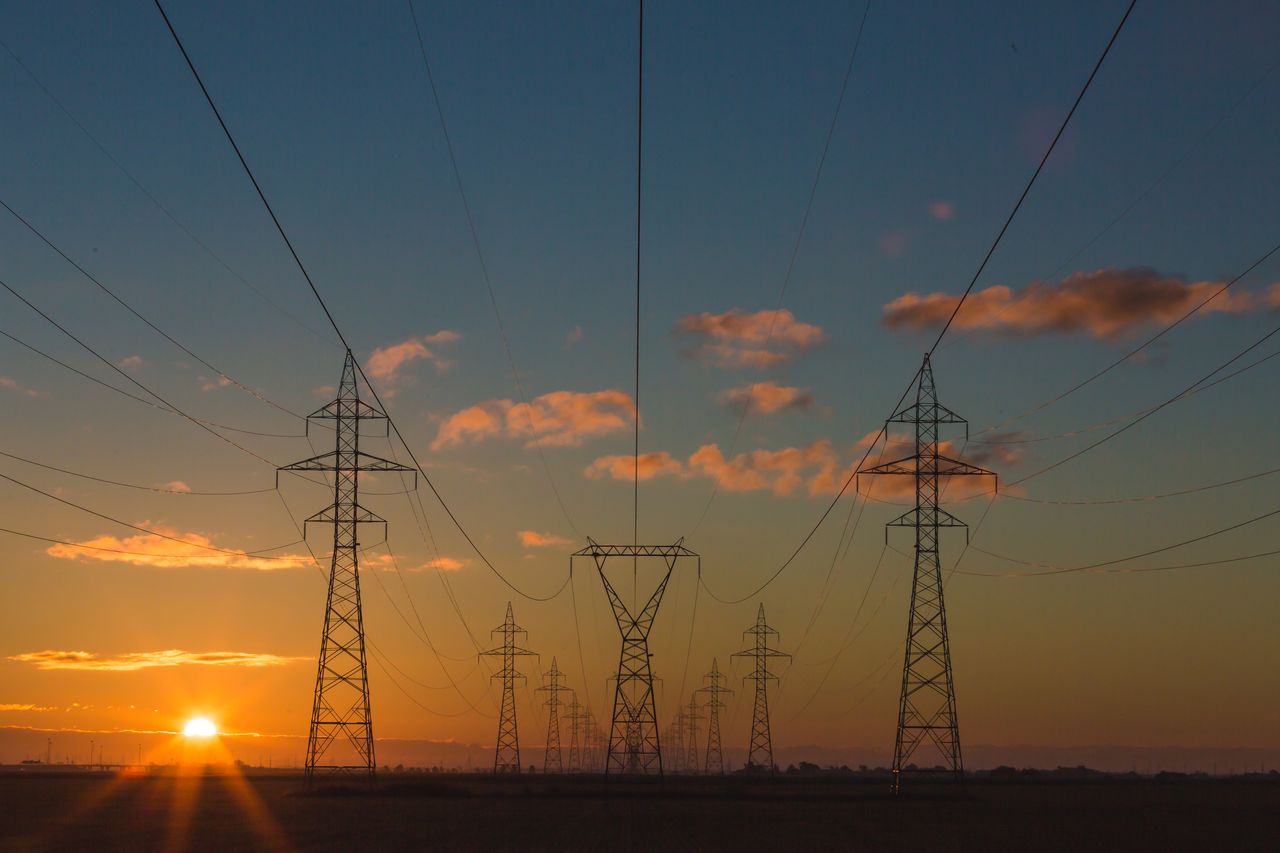Fredrik will defend the thesis next month, and we took the opportunity to ask some questions about his research.
What challenges does your research focus on?
I prefer to say that I study problems rather than challenges. This may seem to be pedantic, but the words we use are important here. It’s risky to view the climate crisis as a challenge to be solved. This could easily lead to the idea that new technology will be sufficient to solve the climate challenge.
The fundamental idea that unites the FoES is to regard the energy system as a sociotechnical system, which means that such issues as power, values and political governance are always closely interleaved with various technology issues. In this way, questions of technical change are also questions of social change, and, ultimately, political questions.
Having said this, I can say that my fundamental research revolves around how environmental problems are collectively interpreted and understood, and how we try to manage them in society. In the work for my doctoral thesis, I have focussed on the Swedish energy transition.
How does your research contribute to solving this?
The thesis describes how I have studied pilot projects in the field usually known as “smart grids”, or “smart energy”. I have tried to understand experimentation in this field using a slightly broader perspective than that usually used in the research literature. In principle, I have tried to follow how experimentation with smart grids organises environmental governance at a level beyond individual projects. Empirically, I have travelled between different locations at which political control is “done” or achieved in practice, such as government agencies, policy networks, interest organisations, at locations in which various experiments are being conducted and in local public administration.
Fredrik Envall "nailing" his dissertation
I want to use this approach to formulate as problems some aspects that are often taken for granted in discussions of the energy transition. The world has always been characterised by the values of certain groups. Instead of these being relegated to the background, I want my research to illuminate them and stimulate incisive discussion and debate about the types of green energy future that can be shaped by experimentation with smart grids, and whether these futures can be regarded as something to strive towards.
Such a debate would create a sound basis for a more inclusive energy transition that has broader public support.
What are the most important results of your studies?
One of the most important results is that experimentation with smart grids risks consolidating a view of the energy transition that lacks a political dimension, and luring us into a false sense of security that promises relatively simple solutions to the “environmental challenges”.
It has also become clear that despite a vehement claim that experimentation is open to anyone, there a several high thresholds that must be overcome in practice. These include having sufficient knowledge and experience of the research funding system, the organisational ability to conduct pilot projects, the economic possibility to spend time writing grant applications, access to various policy networks and forums, etc.
I would say that the most important result consists of a review of how experimentation with smart grids provides in practice an arena for politicians, and how certain actors have the power to determine the energy systems of the future. Political issues and processes are transferred from open forums to places that are open to only a few actors who have sufficient general resources.
What do you hope your research can lead to?
I hope that it can lead to a debate about how we want future energy to be arranged. With this, I mean that the dialogue about the green transition can become more open, and I hope that this leads to invisible assumptions being made visible. In the long term, it may also contribute in a small way to us actually taking environmental problems seriously, such that our political plans of action are designed accordingly.


